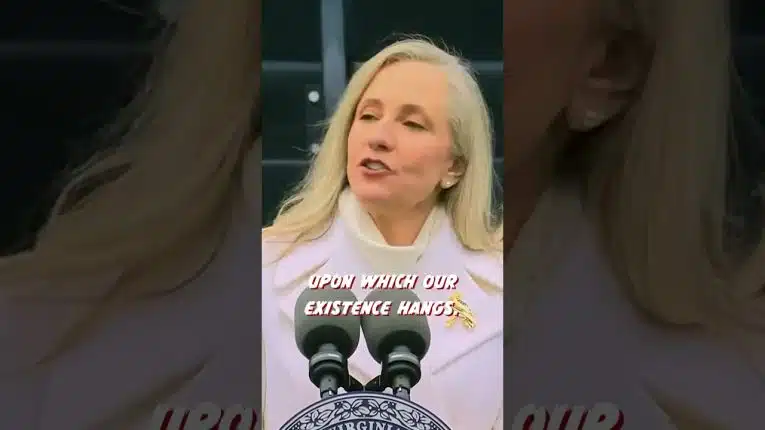By Natalia Castro
Chicago Mayor Rahm Emanuel wants one more chance to reduce poverty in his city before he completes his final term. Emanuel is expected to take a bold step toward universal basic income by assembling a task force to consider providing Chicago families with a monthly no-strings-attached payments. Emanuel is working with North Side Alderman Ameya Pawar to counter rising poverty rates throughout the city and reduce income inequality. Unfortunately, this plan will only continue to leave struggling Chicago residents behind as legislators fail to address the real reasons for impoverished conditions.
Universal basic income has become a popular idea amongst urban progressives. Pawar has introduced a resolution to direct the Mayor’s office to empanel a Chicago Resilient Families Initiative taskforce to study universal basic income and an Earned Income Tax Credit Modernization program.
The resolution explains, “The taskforce would carry… Create partnerships with city departments and external stakeholders, foundations, advocacy organizations, philanthropists, and leading public policy makers to launch a Universal Basic Income (UBI) Initiative in the City of Chicago. This taskforce would be charged with developing a UBI model for 1000 families to be provided with a minimum of $500/month, no strings attached.”
Pawar and Emanual are correct to believe the city needs a change, even if their proposal will still leave citizens behind. Despite only having a 4.1 percent unemployment rate, nearly 22 percent of the city lives in poverty. This is up from 17 percent in 2010, according to U.S. census data.
Chicago lawmakers have spent years trying to “throw money” at impoverished families, but these welfare programs have not helped quell poverty, they have exacerbated it.
The Illinois Policy Institute found in a December 2014 special report that welfare systems in the state “trap” families into poverty. The group revealed, “The welfare system encourages the single parent to work, but only for minimum wage and not much more, that is, as much as $12 per hour. Thereafter, the combination of net earned income and benefits begin to decline. By $18 per hour at the trough, these households potentially have one-third less income and benefits. This result reveals a tremendous disincentive to seek work that pays more, essentially trapping single parents between the minimum wage and $12 per hour.”
Pawar’s idea behind UBI is that residents will use their monthly payment to pay for groceries or transportation and, thus, be able to focus more time on pursuing a better job. The problem though is not that people do not have enough money or even that they do not have a job, it is that the city does not have enough industry to provide residents with high paying jobs that allow them to lift themselves from poverty.
U.S. News and World Report reported in March 2018 that Illinois ranked first in outbound moves. With $9.1 billion in unpaid bills, about $239 billion in adjusted net pension liabilities and $37.4 billion in bonds, businesses have had little incentive to move into the state and a large incentive to move out.
Currently, Illinois has the highest individual tax rate and the eighth highest overall tax burden. A UBI experiment as described in the resolution would cost at minimum of $6 million, which would likely mean additional tax increases.
In order to get their “free money” residents would end up paying more in taxes, meaning even less businesses would enter the area, and residents would find themselves in a similar position with slightly more money but no additional, significant income.
Additionally, UBI experiments are already failing around the world.
In April, Finland announced it would be discontinuing its UBI experiment after two years. In their experiment, 2,000 residents received €560 a month with no prerequisites. While the final results of the experiment have no yet been released, lawmakers have instead introduced legislation requiring welfare recipients to work or attend a job training in order to receive benefits. Clearly, the UBI experiment did not incentivize work, but discouraged it.
If one thing is clear, it is that a person cannot live well on $500 a month, Chicago needs real jobs for its residents.
Rather than policies which will raise taxes and further prevent businesses from entering the city, lawmakers should look toward attracted new job opportunities. Chicago does need a new plan to fight poverty but what Pawar and Emanuel are introducing will only exacerbate the city’s already prevalent problems. Chicago deserves better than the false promises of UBI.
Natalia Castro is the multimedia manager at Americans for Limited Government.







